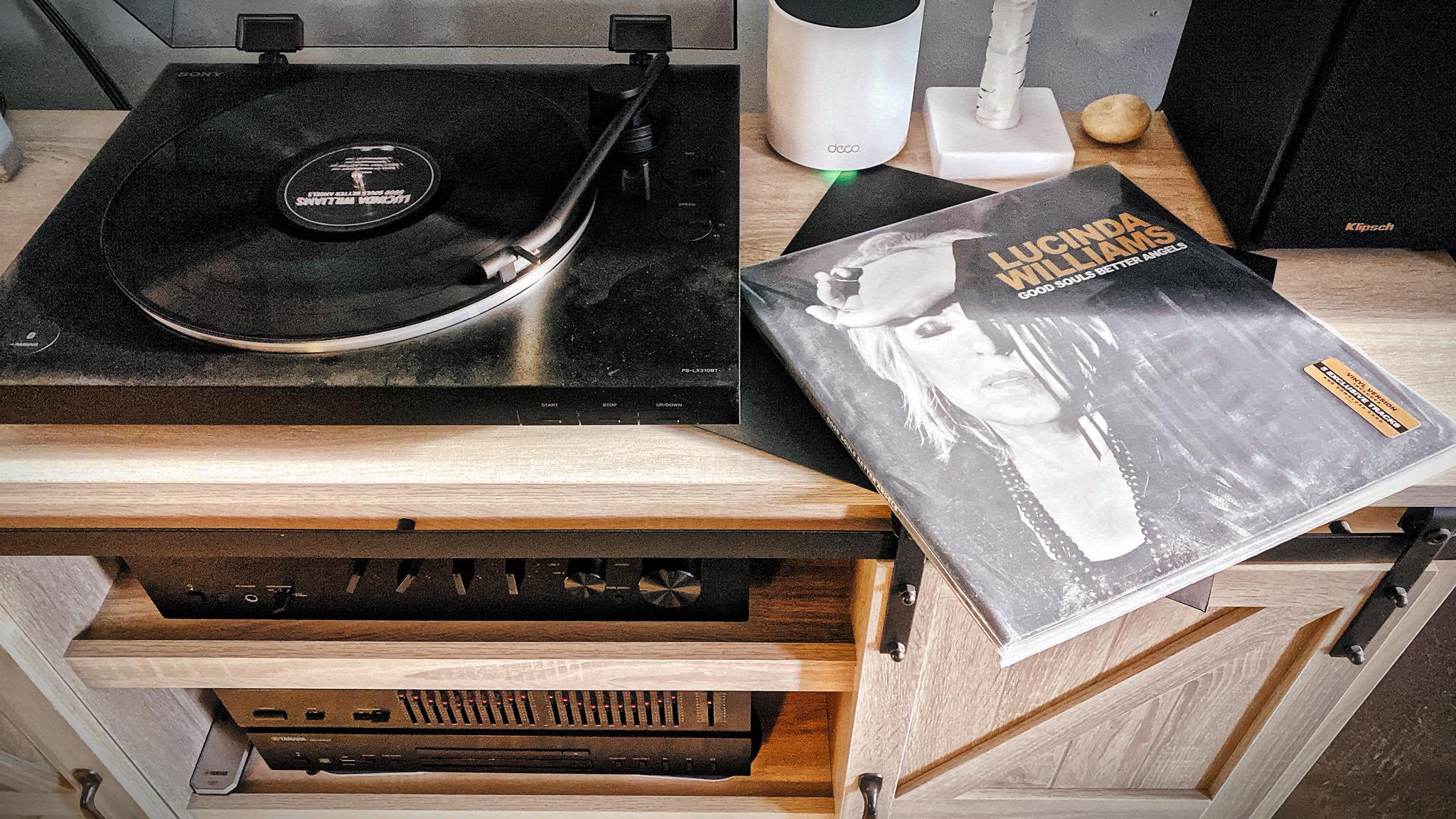An album to be listened to start to finish, by the one and only, Willie Nelson
There are albums, and then there are myths.
Willie Nelson’s Red Headed Stranger, released in 1975, is not merely an album, it is a spectral trail ride through the American subconscious, a whisper of lonesome wind through the saloon doors of our memory. It moves not like a studio project but like scripture passed down in song, the breath of tumbleweeds echoing against canyon walls.
🌾 A Story in Simplicity, A Legend in Sound
The album was born in rebellion, rebellion not of volume or distortion, but of silence and restraint. By the time Nelson recorded Red Headed Stranger, he had left the rigid world of Nashville’s Music Row and found sanctuary in Austin, Texas, a land more amenable to his soul’s peculiar music. Given creative freedom by Columbia Records, he presented an album so spare, so hauntingly skeletal, the label thought it a demo.
And yet, in that parched bareness lies the album’s divine alchemy. The arrangements, often little more than acoustic guitar, piano, and faint whispers of percussion, become the bleached bones of a ghost story, echoes where bombast would have drowned spirit.
This is not just country music. It is western gothic. A parable in sepia tones. A musical canticle of the outlaw soul.
🔥 The Red Headed Stranger Himself
The titular figure rides out of myth, a preacher, a husband, a murderer, a mourner. His hair is fire; his eyes, judgment. After killing his wife and her lover in a fit of righteous wrath, he wanders the prairie in grief, seeking absolution in solitude and redemption in the open sky.
Willie Nelson does not just sing the story; he breathes it in and exhales it as dust and prophecy. His voice, weathered as cedar bark, carries both forgiveness and fury. Each word is measured, almost whispered, as though revealing something too sacred for full speech.
🎵 A Ballad of Broken Hearts and Mercy
- “Time of the Preacher” opens the gates, a dirge and an omen. The preacher’s heart darkens, and time bends around sorrow. The theme recurs throughout the album like the tolling of a bell, both memory and warning.
- “Blue Eyes Crying in the Rain”, perhaps the album’s most famous moment, is not merely a love song, it is a spiritual, a benediction. When Willie sings it, the rain doesn’t just fall; it remembers. It mourns. It confesses.
- “Hands on the Wheel”, the album’s quiet coda, is a surrender to grace. After blood, wandering, and soul-weariness, the stranger lays down the reins, not in defeat, but in peace. It is an offering to fate, a prayer that the road may finally rest beneath him.
🐎 Recording on the Edge of the Frontier
In an era of polished Nashville productions and chart-chasing hits, Red Headed Stranger rode against the grain like a lone mustang. Recorded at Autumn Sound Studios in Garland, Texas, the sessions were raw and immediate. Willie’s guitar, Trigger, was his confessor; the studio, a chapel. No frills. No gloss. Just truth.
It was the sound of a man freed from expectation. Columbia had given him control, not knowing he would return with a minimalist, narrative-driven concept album wrapped in melancholy and scripture. They balked. Then they released it. It went multi-platinum.
It rewrote the rules.
🌙 A Folk Opera, A Cowboy Psalm
Red Headed Stranger endures because it feels older than its age, wiser than its time. It belongs as much to the 1800s as to the 1970s. It holds the dusty scent of campfire tales, the flicker of lanterns in desert night. It tells of sin and penance, of wandering hearts and divine reckoning.
Its poetry lies in what it withholds. In pauses. In glances westward. In songs that echo like final prayers.
This album is not merely listened to, it is rode through. And when it ends, you feel as though you’ve walked a great, silent distance. That you’ve passed through sorrow into something like grace.
Willie Nelson did not just write a record. He carved a myth in sound.
And the Red Headed Stranger still rides.


